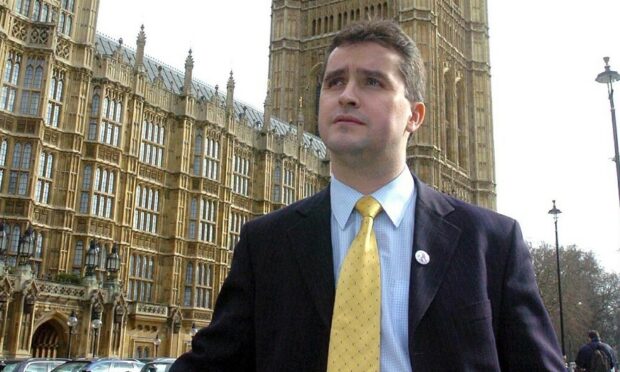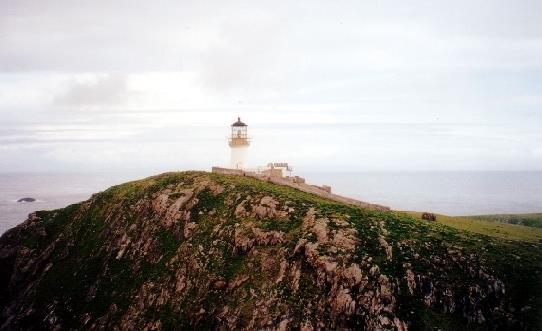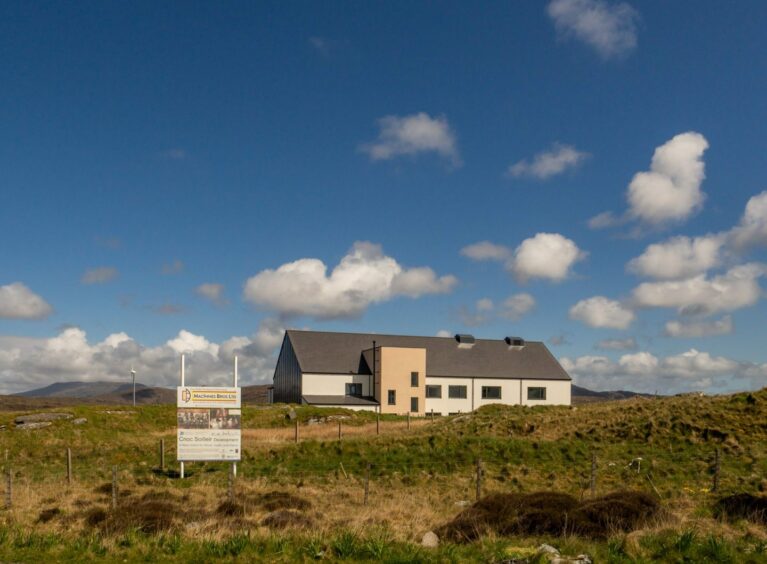Improvements to vital roads and support for historical sites in the Hebrides are among the projects that have been denied Levelling Up funding.
In January, the UK Government announced the beneficiaries of the second round of the Levelling Up Fund.
The post-Brexit scheme lets councils apply for funding for projects that would help lessen inequalities between different areas in Britain.
But, after both bids from Comhairle nan Eilean Siar were denied any of the £68 million funding, Western Isles politicians and council members say the scheme is failing “one of the most challenged local economies in the United Kingdom”.
‘More and more strain’
One of the bids was for funds to help improve transport infrastructure on the islands.
Council leader Paul Steele says that they have “not had much of a capital program for the council for the last few years” to help keep routes such as the Eilean Siar Spinal Route maintained.
Levelling Up funding would have been used to make improvements to causeways and bridges across the Hebrides, as well as turn “16 to 20km (10 to 12 miles)” of road from single to double track.
Areas of the road in Uist that flood are of particular concern, Mr Steele says.
“We’re looking at replacing them because there’s more and more strain because of climate change.”
New walking and cycle routes would also have been funded.
‘Interlinked projects’
The second application was for the ‘Eilean Siar Cultural Heritage and Regeneration Project’.
This series of interlinked projects would have seen funding go towards preserving the Outer Hebrides’ historical past – and cultural future.
One project would have seen An Taigh Mor in Lewis become an exhibition space for the Flannan Isles tragedy.
An Taigh Mor was the onshore base for keepers of the Flannan Isles lighthouse, who mysteriously disappeared in 1900.
Funding would have also helped build a new visitors’ centre for the Callanish Stones. The Neolithic standing stones are one of the Hebrides’ most iconic and historically important landmarks.
In Uist, funding would have gone to Gaelic language centre Cnoc Soilleir to help with their plans for an auditorium and performance space.
A big part of the “disappointment” of being denied Levelling Up funds, Mr Steele says, is that many of these projects had already been encouraged by support from the Islands growth deal.
Being denied the money to complete them casts “a shadow over the Islands deal,” Mr Steele says.
‘Put assets into the community’
MP Angus MacNeil has also spoken out, saying that the Outer Hebrides has been “utterly conned by the UK Government and their Brexit.”
He stressed the long-term economic benefits of the infrastructure plans.
As well as creating jobs at the time of construction, there would have been “a multiplier effect, with those wages being spent in the community”.
Mr MacNeil says the UK Government “designs its economic system to benefit the southeast of England.”
They have been unable to deliver on the promises of a post-Brexit economy, he says.
“Not only have we lost European money, but we are getting very little through direct spend from the UK Government.”
‘Costly and time consuming’
And, Mr Steele says, the processing of applying for funding itself is putting even more strain on council resources.
“It’s costly and time consuming.”
But the council aren’t giving up on government funding for the projects.
“One thing about the Levelling Up funding is that they give you feedback on your bid,” says Mr Steele. He says the council are “keen to get that back” and take it on board — in the hope that their next application will be more successful.
‘We should be a priority’
But Mr Steele thinks the government must also be willing to change its strategies.
“There might be a way to achieve better outcomes if they targeted and allocated funding to areas that most need ‘levelling up’.”
He pointed out that the Outer Hebrides is “one of the most challenged local economies in the United Kingdom”.
“We should be a priority.”
More local reporting from the Western Isles:
- ‘The way forward’: How online communities bring the Outer Hebrides together
- “Excellent young talent”: Highlands and Islands Enterprise appoints seven young people in key Outer Hebrides roles
- ‘There’s never been a successful not-for-profit airline – yet’: Can FlyHighland beat the odds and take to the skies?



Conversation